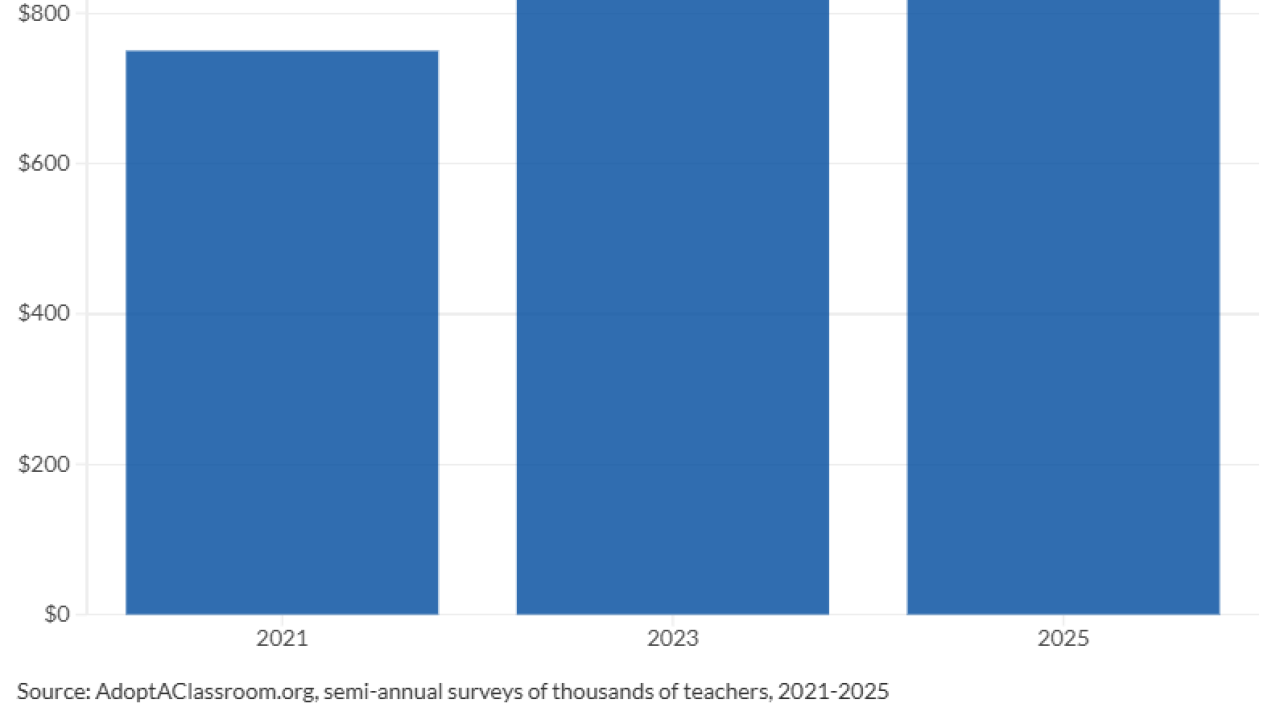A group of Senate Democrats is urging the Treasury Department and the Internal Revenue Service to prevent steep tax hikes of up to $10,000 next year for student loan borrowers who receive discharges of their debt under the Income-Driven Repayment program.
In a
In 2021, Congress enacted a provision excluding student debt cancellation from taxable income so borrowers who received student debt relief after years of repayment wouldn't face high and unexpected tax bills. However, that provision is set to expire in December, so unless Congress acts, borrowers on IDR plans who have legally earned debt cancellation after 20 or 25 years of repayment will be hit with hefty tax bills next year.
"We write with serious concern regarding Republicans' impending 'tax bomb' for Americans using income-driven-repayment plans to repay their federal student loans," Warren wrote, joined by Sen. Bernie Sanders, I-Vermont, Jeff Merkley, D-Oregon; Richard Blumenthal, D-Connecticut; Chris Van Hollen, D-Maryland; Tammy Duckworth, D-Illinois; Mazie Hirono, D-Hawaii; Cory Booker, D-New Jersey; and Kirsten Gillibrand, D-New York. "If neither the Trump Administration nor the Republican-controlled Congress act soon, families who earn student debt cancellation after paying their loans for decades will be hit with surprise tax hikes — as high as $10,000 in many cases — starting next tax year. Using administrative authorities available under federal law, the Treasury Department and Internal Revenue Service should move immediately to avoid this financial disaster for working-class Americans."
A new
In their letter, the senators explained the legal case for the Trump administration's options to defuse the IDR "tax bomb." They argued that the insolvency exclusion, scholarship exclusion and general welfare exclusion are all options to declare IDR discharge as nontaxable income. The lawmakers also pointed out that, in 2020, the Trump administration delivered similar relief to recipients of closed school discharge and borrower defense to repayment, excluding those discharges from taxable income using its administrative authorities.
"By punishing IDR beneficiaries with massive tax bills, the federal government undermines the very purpose of the IDR program and reneges on its promises to borrowers," the senators wrote. "Instead of compounding this problem by denying legally owed IDR discharge to borrowers, the administration can and should deliver certainty and relief to these families as soon as possible."






